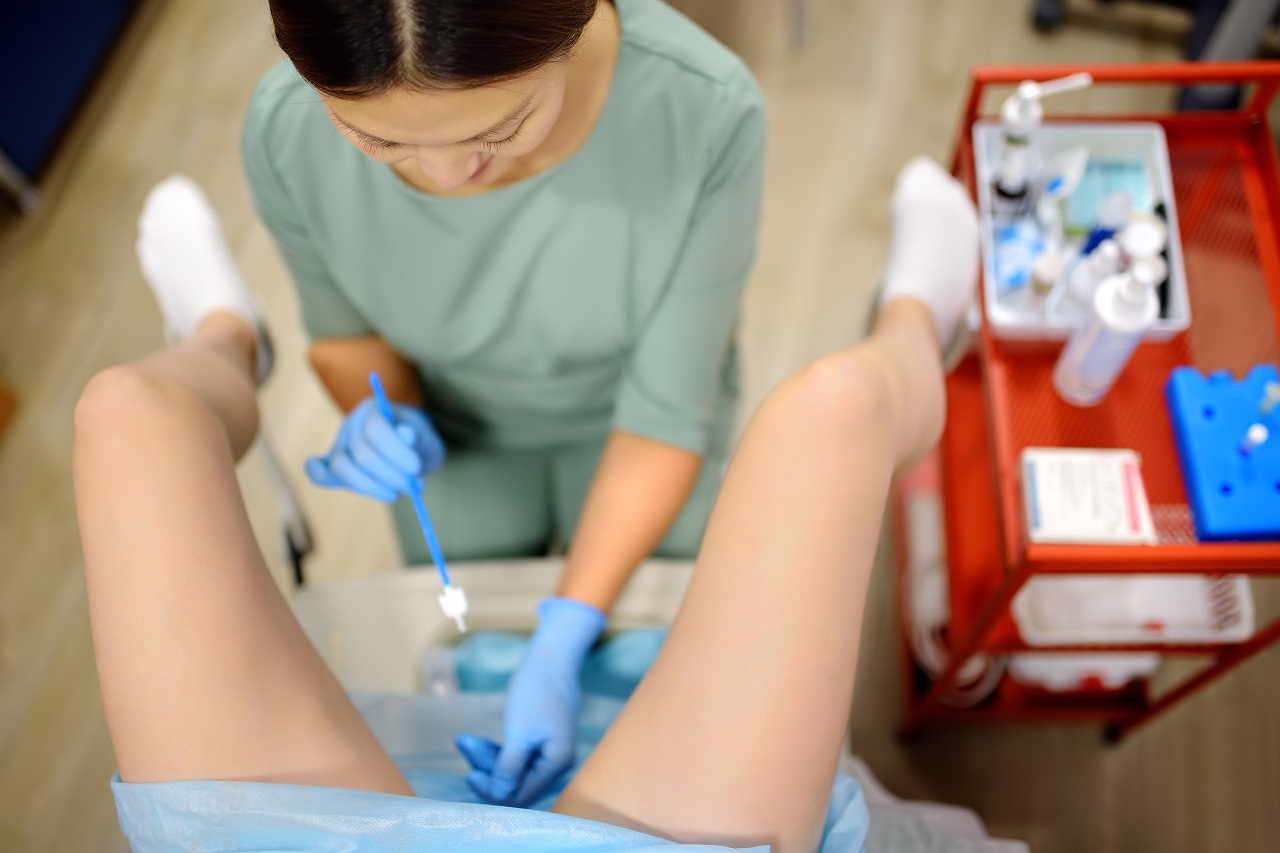Labiaplasty is usually performed to remove or reshape excess tissue. Labiaplasty is preferred by many women for aesthetic, functional or comfort purposes. Women choose this surgery to address aesthetic concerns in the genital area, to reduce physical discomfort or to solve problems experienced during sexual intercourse. So, is labiaplasty a painful operation? Here is detailed information on this subject:
Is there pain during the operation?
Various anesthesia methods are used to prevent pain during labiaplasty operation. These methods are as follows:
- Local Anesthesia: Local anesthesia eliminates the feeling of pain by numbing only the operation area. In this case, the patient is conscious and does not feel any pain during the operation. Local anesthesia is a commonly preferred method in labiaplasty operations.
- Local Anesthesia with Sedation: In this method, a mild sedation is applied to the patient in addition to local anesthesia. Sedation allows the patient to relax and go into a state of drowsiness. The combination of sedation and local anesthesia allows the patient to feel more comfortable during the operation.
- General Anesthesia: General anesthesia, which completely puts the patient to sleep, is less preferred. Since labiaplasty is usually a short and minimally invasive operation, general anesthesia is rarely needed. However, in some cases, general anesthesia may be administered upon the patient's preference or the surgeon's recommendation.

Pain and discomfort after the operation
It is normal to feel some pain and discomfort after labiaplasty. In the postoperative period, patients usually experience the following symptoms:
Swelling and bruising: Swelling and mild bruising may occur at the operation site. This usually subsides within a few days to a few weeks. Swelling and bruising are part of the body's natural healing process and will resolve spontaneously over time.
Pain and Discomfort: Mild to moderate pain and discomfort may be experienced during the first few days. This pain can usually be controlled with over-the-counter painkillers or pain medication prescribed by a doctor. The intensity of the pain may vary depending on the person's pain threshold and the healing process.
Itching and tenderness: Itching and tenderness may occur in the operation area during the healing process. This usually subsides within a few weeks. Itching is a symptom of tissue healing and may cause discomfort but is temporary.
How does the healing process work? How long does it take to heal?
The healing process after labiaplasty may vary from person to person, but in general it proceeds as follows:
First Week: Pain and discomfort may be more pronounced during the first week. It is important to rest and keep the area clean according to your doctor's instructions. The first week is the most critical period of the healing process and requires careful care.
First 2-3 Weeks: Swelling and bruising begin to decrease. It is recommended to avoid physical activities and sexual intercourse. During this period, heavy lifting and strenuous activities should be avoided to speed up the healing process.
1 Month and After: Most patients recover completely in about 4-6 weeks and can return to their normal activities. However, the healing process may vary from person to person and may take longer in some patients. It is important to continue to see your doctor during the full recovery process.

Time to Start Sexual Intercourse
General Advice: It is generally recommended to start sexual intercourse after 6 weeks after labiaplasty. This is considered a sufficient time for the tissues to heal and the sensitivity to decrease.
Doctor's Advice: Each patient's healing process may be different. Therefore, you should always consult your doctor to determine the time to start sexual intercourse. Your doctor will tell you the most appropriate time according to your recovery condition.
What can be done to reduce pain?
The following suggestions can be considered to reduce pain and discomfort after labiaplasty:
- Ice Compress: Applying ice compresses to the operation area intermittently for the first 24-48 hours can reduce swelling and pain. Ice compresses accelerate tissue healing and provide relief.
- Painkillers: Regular use of pain medication recommended by the doctor can relieve pain. Medications help to control the pain and relax the patient.
- Loose Clothes: Wearing comfortable and loose clothing during the healing process can reduce pressure in the area. Avoiding tight and tight clothing minimizes discomfort.
- Hygiene: Keeping the operation area clean and dry reduces the risk of infection and accelerates healing. Maintaining a daily hygiene routine prevents complications.
Psychological and emotional support
Labiaplasty is an important operation not only physically but also psychologically and emotionally. Patients can cope with the process by receiving emotional support before and after the operation. Psychological counseling or support groups can reduce the worries and anxieties experienced by patients.








